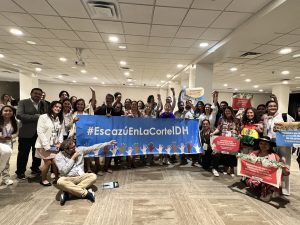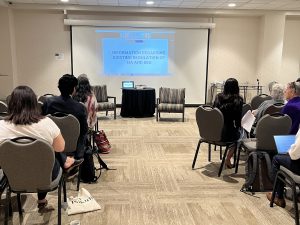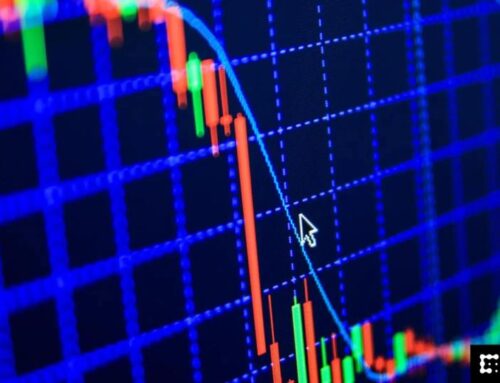Better protection and participation of Environmental Human Rights Defenders through effect
April 15, 2025
Context
The Escazú Agreement is a landmark regional human rights treaty that guarantees access to environmental information, public participation and justice in Latin America and the Caribbean. Article 9 describes the obligation of States to protect human rights defenders in environmental matters and their rights, including those related to access to information, participation, and justice, as set forth in the agreement.
As for today, 17 countries are party to the agreement, while other key countries are still missing. In February 2025, some Special Procedures sent a communication to these countries calling for the signature and ratification of the agreement.
The 2024 Action Plan, adopted by the parties to the Escazú Agreement, aims to implement practical protections for human rights defenders in environmental matters. It outlines capacity building and assessment, calling for urgent national action to address immediate threats and ensure the continuity of defenders’ work. From April 2024, individuals who believe that a State is not complying with the Escazú Agreement can send information (“communications”) to the Implementation and Compliance Support Committee. In 2024, also during the COP meeting, a decision was adopted to incorporate a gender perspective within the Escazú Agreement recognising the unique risks faced by women human rights defenders in environmental matters. This decision further requires States to consider gender-based violence and ensure women’s participation, enhancing security and effectiveness for all defenders.
Advocating for Escazú in the Inter-American Court of Human Rights
During the Forum, The #EscazuEnlaCorteIDH initiative was presented during the Third Forum. This initiative seeks to ensure that Escazú standards are included in the Inter-American Court’s forthcoming advisory opinion on the climate emergency.
A central piece of this effort was the amicus brief co-submitted by ISHR, which urged the Court to:
- Recognise the indispensable role of environmental defenders in climate action.
- Affirm that the right to defend environmental rights protects individuals, groups, and organisations.
- Use Escazú standards as a guide for interpreting the American Convention on Human Rights.
- Emphasise the need for tailored protection for women and girls in all their diversity, who face disproportionate risks linked to the climate crisis.

Strengthening National and International Protection Mechanisms
One of the key discussions during the meeting was the effective protection of environmental human rights defenders. ISHR joined a panel to discuss the role of international protection mechanisms and the effectiveness of these mechanisms in granting protection.
ISHR shared insights from:
- The Declaration +25, a civil society-led articulation of the international legal framework for defenders, launched with 17 partners to mark the 25th anniversary of the UN Declaration on Human Rights Defenders. This authoritative text shows that there has been positive developments in the protection of human rights defenders, but it also showed the challenges that remain.
- Sine 1998 there has been an emergence of international protection mechanisms, but often defenders do not know they exist or they do not know how to use them. There are still gaps in terms of capacity and follow-up.
- Complementarity and better communication among these mechanisms are key to ensure that defenders are better protected. This complementarity should foster the strengths of the mechanisms while ensuring that using the mechanisms does not represent a burden for those who trigger them
Ensuring Participation in Global Environmental Governance
During the Forum, ISHR also facilitated a consultation with the UN Special Rapporteur on the right to a clean, healthy, and sustainable environment. The session contributed directly to the Rapporteur’s upcoming report to the General Assembly on effective environmental impact assessments (EIA) and strategic environmental assessments (SEA). This consultation was organised to make sure that underrepresented voices like women human rights defenders and defenders from the Caribbean could interact with the Special Rapporteur.
During the consultation, defenders shared how EIAs work in practice and how usually these assessments are prepared just to “thick a box” to get licenses and project approvals. In other cases, the assessments are not known by the communities and under confidentiality which makes it difficult to access to such information.
Defenders also shared the challenges that they face and the criminalisation and persecution they suffer by state and non-state actors.

Search
RECENT PRESS RELEASES
Related Post



